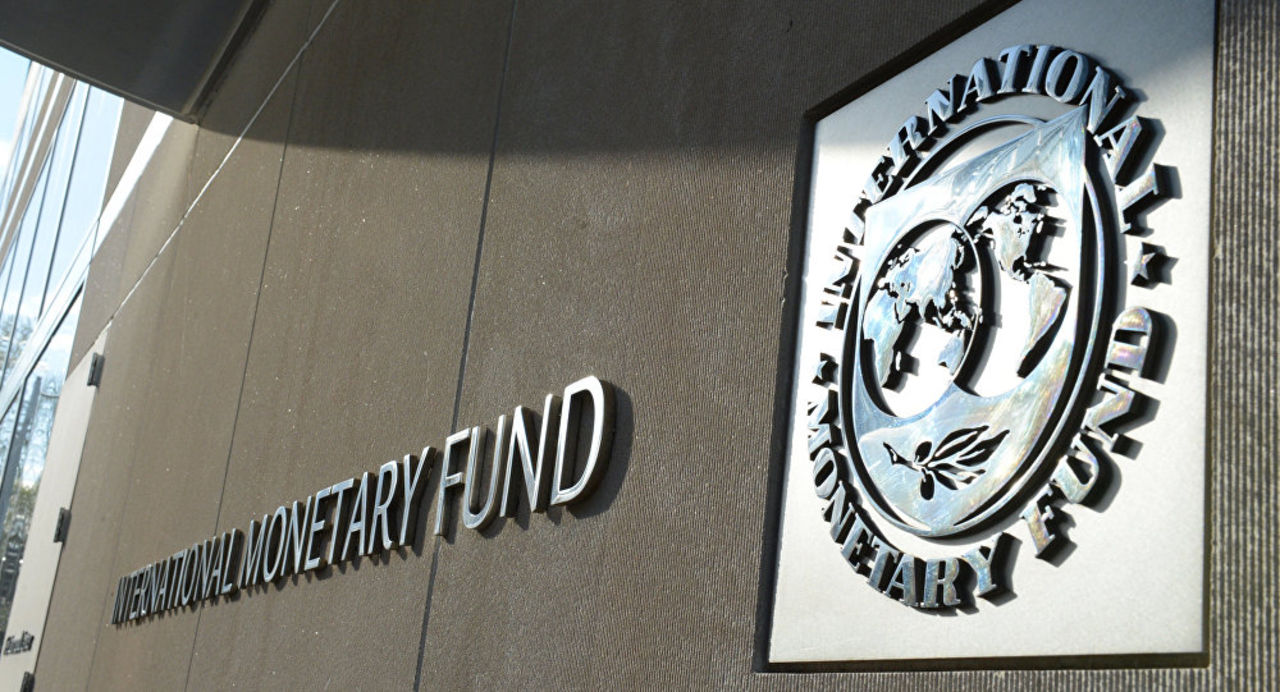The International Monetary Fund (IMF) has rated the current reforms by the President Bola Tinubu’s administration in Nigeria as reasonable in view of the potential socioeconomic benefits for the citizenry and the nation’s economic growth.
The Washington D.C-based multilateral development finance institution, in its latest Article IV Consultation report released today, noted that the administration had recorded significant strides in its drive to address Nigeria’s increasingly worrisome economic and social challenges.
The Executive Directors of the Fund scored the administration high in areas of revenue mobilization, improved governance, and the strengthening of the social safety nets.
Specifically, they commended the Tinubu administration for its “Bold reforms” which aim to restore macroeconomic stability, reduce poverty, support social cohesion, and accelerate inclusive and resilient growth, linking the feat on revenue collection, and effectiveness of policy frameworks.
The Article IV Consultation report clarified: “Executive Directors agreed with the thrust of the staff appraisal. They welcomed the bold reforms implemented by the new administration and commended the authorities’ focus on revenue mobilization, governance, social safety nets and upgrading policy frameworks in the face of Nigeria’s significant economic and social challenges.
“In view of the downside risks, the Directors stressed the importance of steadfast, well-sequenced, and well-communicated reforms to restore the macroeconomic stability, reduce poverty, support social cohesion, and pave the way for faster, inclusive, and resilient growth. Directors commended the authorities’ actions to rein in inflation and restore market confidence.
“They stressed the importance of keeping a tight monetary policy stance to put inflation on the downward path, maintaining exchange rate flexibility, and building reserves. Directors welcomed the removal of foeign exchange market distortions and encouraged the authorities to continue improving the functioning of the FX market, including by adopting a well-designed FX intervention framework”, the report added.
In addition, the IMF endorsed the authorities’ shift toward an inflation-targeting policy regime and recommended the strengthening of the Central Bank of Nigeria’s (CBN’s) autonomy to ensure effective transition.
However, the Executive Directors cautioned the Nigerian government on the amendments of the CBN Act that might rob off on its autonomy.
This is even as they supported the administration on the cash transfer programme and canvassed its scaling up along a revenue mobilization strategy, noting that it is essential in combating acute food insecurity in the country.






